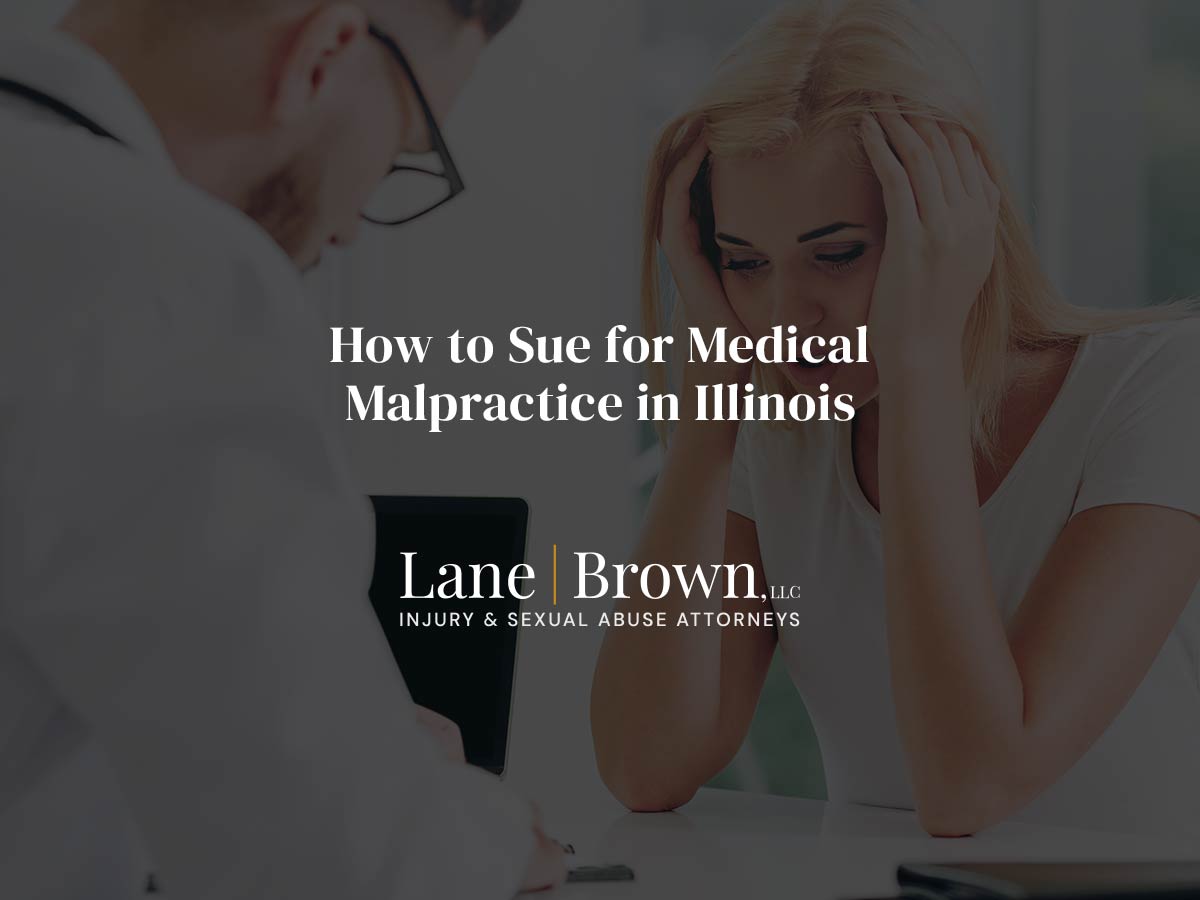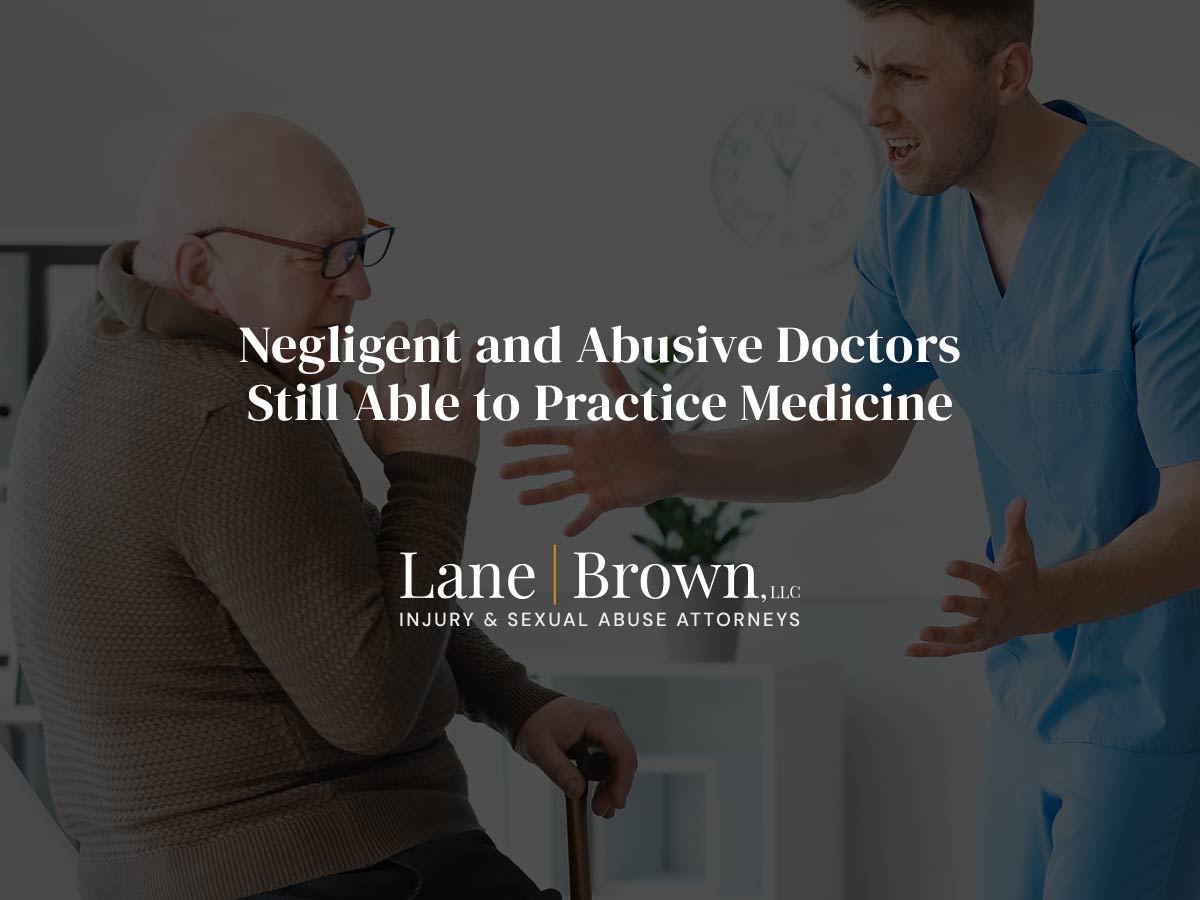If you’ve suffered a serious injury or illness and your condition was caused by the irresponsible actions of a pharmacist, you may be able to file a medical malpractice claim against them. You should never be stuck covering the costs associated with your condition when it could have been prevented if you had a responsible pharmacist filling your prescriptions in Chicago.
Continue reading to learn more about when you can sue a pharmacist for medical malpractice, and the types of damages you should include in your claim.
Types of Pharmacy Malpractice
Before you can move forward with your medical malpractice claim, you’re probably wondering if your case has grounds for the pursuit of malpractice. Although pharmacy malpractice is less common than your standard medical malpractice claim, pharmacists can make reckless and irresponsible decisions, too, and when they do, they need to be held accountable.
Pharmacy malpractice can take a number of different forms. Perhaps the pharmacist didn’t give you the correct prescription, or maybe they didn’t fill your prescription with the correct dosage of medication.
Malpractice can even occur when the pharmacist doesn’t inform you of the risks that come with your medication. Any of these types of mistakes can cause serious injuries, illnesses, and even death.
Let’s look at a real-life example of pharmacy malpractice. A patient is prescribed insulin for their diabetes, and they need to take this insulin regularly in order to avoid going into a diabetic coma. When the pharmacist doesn’t fill the prescription with the right dose of insulin, the diabetic could go into a coma or even die because they didn’t have the insulin they needed to treat their diabetes correctly.
In cases like these, it’s important to pursue a Chicago pharmacy malpractice claim so that others aren’t put in harm’s way by a pharmacist who can’t be bothered to check their work twice.
Bringing a Claim against a Negligent Pharmacist
When your injury attorney is calculating the value of your claim, they’ll need to know every way your life has been affected by your injury or illness so that you can get the most out of your claim.
This would include compensation for your medical expenses, lost wages, pain and suffering, the loss of enjoyment of life, the loss of household services and companionship, emotional distress, the effects of disfigurement or scarring, and even inconvenience.
In addition to these damages, the judge could award you punitive damages in Chicago. However, this will only be done to make an example of a defendant who was intending to cause harm or whose actions were egregious in nature.
When the judge awards punitive damages, it isn’t done to give you more money, but rather to punish the defendant and set an additional standard of care so that other Chicago pharmacists don’t make the same mistakes.
Reach Out to a Chicago Pharmacy Malpractice Lawyer
When you’re ready to bring the negligent pharmacist in your case to justice for their errors, speak with an experienced Chicago pharmacy malpractice lawyer at Lane Brown, LLC. We proudly offer injury and illness survivors a free claim assessment where we can further discuss the details of your claim.
You can schedule yours today by filling out the convenient contact form we’ve provided at the bottom of this page or by calling our office at 312-332-1400.
If you’ve suffered a serious injury or illness and your condition was caused by the irresponsible actions of a pharmacist, you may be able to file a medical malpractice claim against them. You should never be stuck covering the costs associated with your condition when it could have been prevented if you had a responsible pharmacist filling your prescriptions in Chicago.
Continue reading to learn more about when you can sue a pharmacist for medical malpractice, and the types of damages you should include in your claim.
Types of Pharmacy Malpractice
Before you can move forward with your medical malpractice claim, you’re probably wondering if your case has grounds for the pursuit of malpractice. Although pharmacy malpractice is less common than your standard medical malpractice claim, pharmacists can make reckless and irresponsible decisions, too, and when they do, they need to be held accountable.
Pharmacy malpractice can take a number of different forms. Perhaps the pharmacist didn’t give you the correct prescription, or maybe they didn’t fill your prescription with the correct dosage of medication.
Malpractice can even occur when the pharmacist doesn’t inform you of the risks that come with your medication. Any of these types of mistakes can cause serious injuries, illnesses, and even death.
Let’s look at a real-life example of pharmacy malpractice. A patient is prescribed insulin for their diabetes, and they need to take this insulin regularly in order to avoid going into a diabetic coma. When the pharmacist doesn’t fill the prescription with the right dose of insulin, the diabetic could go into a coma or even die because they didn’t have the insulin they needed to treat their diabetes correctly.
In cases like these, it’s important to pursue a Chicago pharmacy malpractice claim so that others aren’t put in harm’s way by a pharmacist who can’t be bothered to check their work twice.
Bringing a Claim against a Negligent Pharmacist
When your injury attorney is calculating the value of your claim, they’ll need to know every way your life has been affected by your injury or illness so that you can get the most out of your claim.
This would include compensation for your medical expenses, lost wages, pain and suffering, the loss of enjoyment of life, the loss of household services and companionship, emotional distress, the effects of disfigurement or scarring, and even inconvenience.
In addition to these damages, the judge could award you punitive damages in Chicago. However, this will only be done to make an example of a defendant who was intending to cause harm or whose actions were egregious in nature.
When the judge awards punitive damages, it isn’t done to give you more money, but rather to punish the defendant and set an additional standard of care so that other Chicago pharmacists don’t make the same mistakes.
Reach Out to a Chicago Pharmacy Malpractice Lawyer
When you’re ready to bring the negligent pharmacist in your case to justice for their errors, speak with an experienced Chicago pharmacy malpractice lawyer at Lane Brown, LLC. We proudly offer injury and illness survivors a free claim assessment where we can further discuss the details of your claim.
You can schedule yours today by filling out the convenient contact form we’ve provided at the bottom of this page or by calling our office at 312-332-1400.



